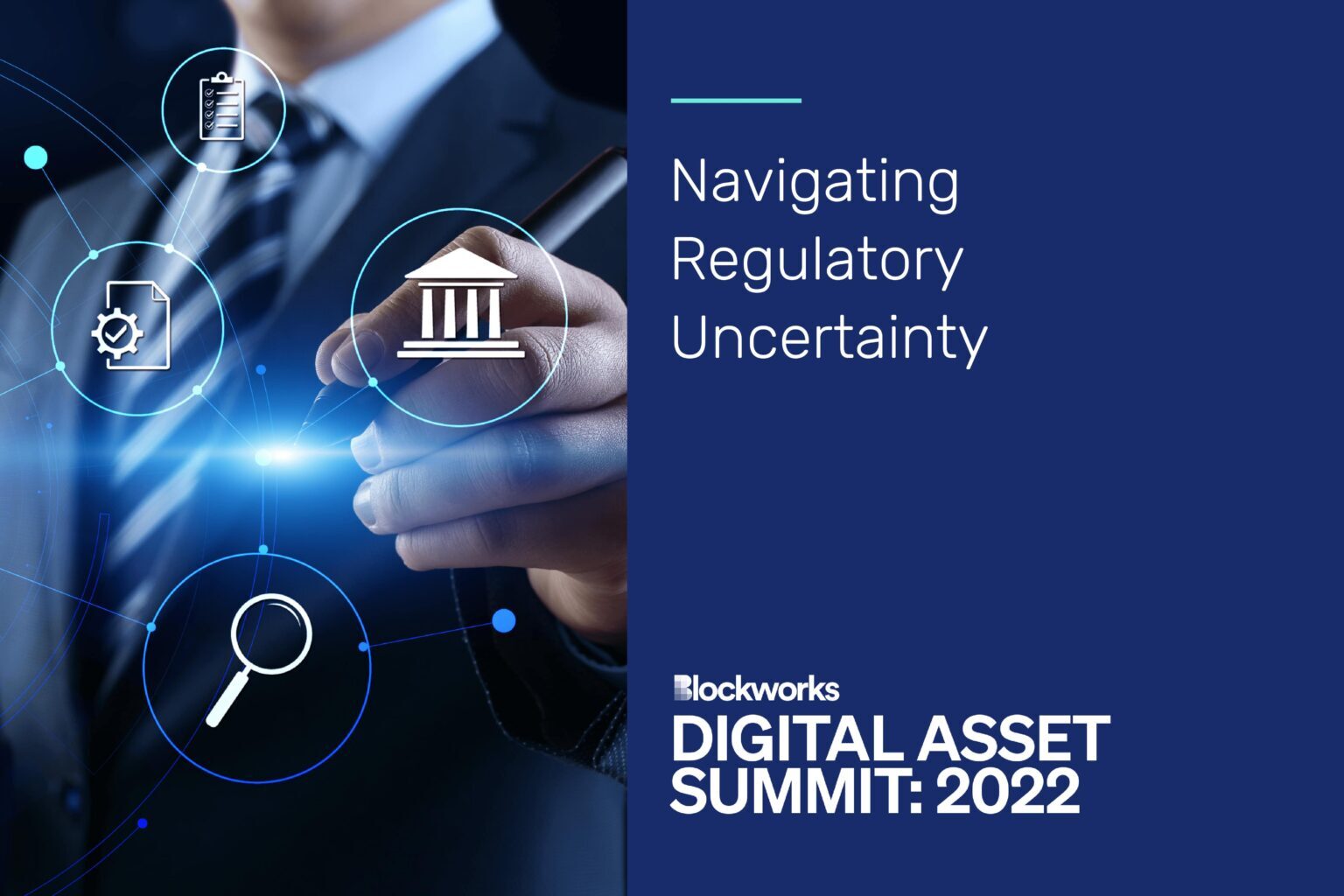Insights from a recent panel with industry experts at Blockworks’ Digital Asset Summit
Recently, TaxBit’s Head of Tax Solutions, Erin Fennimore, spoke on a panel on the topic of how digital asset enterprises are navigating regulatory gray areas – alongside Blockchain Association’s Ron Hammond, BitGo’s Michelle L. Neufeld, Mike Castiglione of Eventus, and EY’s Steve Beattie. This article transcribes and expands the experts’ discussion.
To set the stage, Ron Hammond of the Blockchain Association noted the complexity of how key regulators approaching the crypto space and the concern of “regulation by enforcement.” For further context on the panel’s discussion, SEC Commissioner Mark Uyeda recently explained via Barron’s that:
“Market participants have expressed significant concerns regarding the lack of regulatory guidance in this space,’ Uyeda said. ‘There’s widespread concern that the lack of predictability with regard to our regulations may encourage crypto firms to relocate to other jurisdictions.’ A move overseas could kneecap a growing U.S. industry and send substantial asset volumes—and potential tax revenue—abroad.”
On the topic of regulation by enforcement (and in the absence of official guidance), Michelle L. Neufeld of BitGo explained how her firm operates:
“So this concept of regulation by enforcement is not new. I think with the news cycle being what it is every day, we are learning through enforcement actions… We sort of dissect them to create an outline and we compare them element by element to what we do and whether or not those actions are things that we are doing are risks that we’re exposed to…
Because I think a lot of dealing with regulators is being able to tell a story about how you decided what your risk appetite was, how you ingested and managed and mitigated risk and why you are where you are.”
In response to Michelle’s points, Mike Castiglione of Eventus elaborated:
.png)


